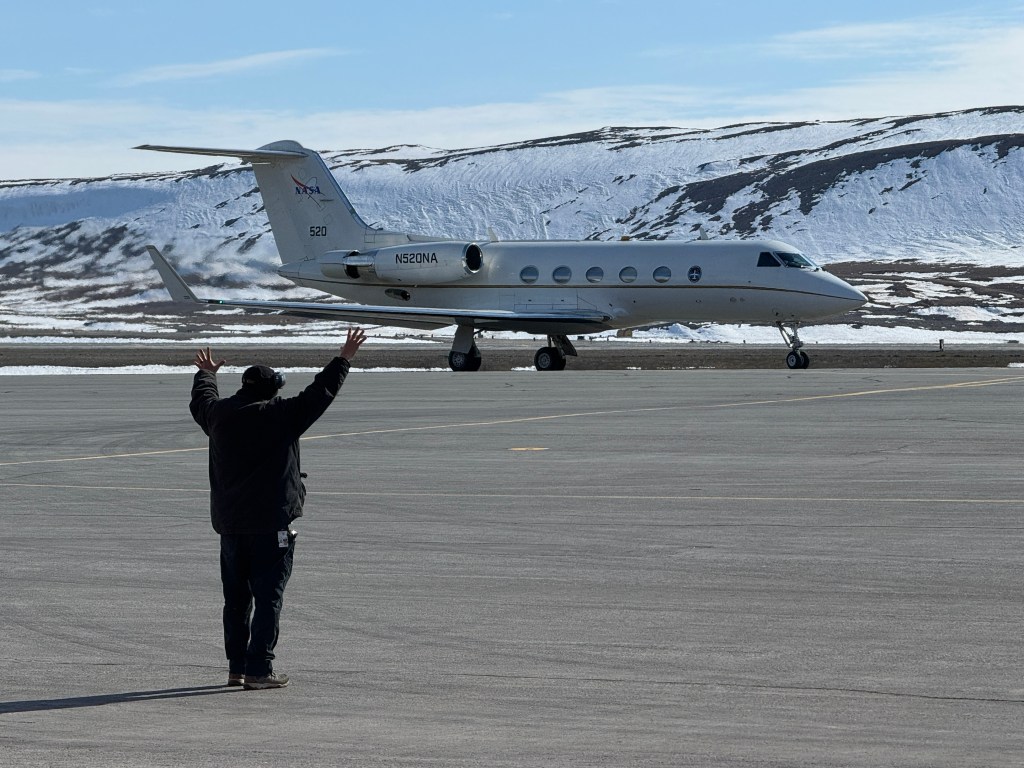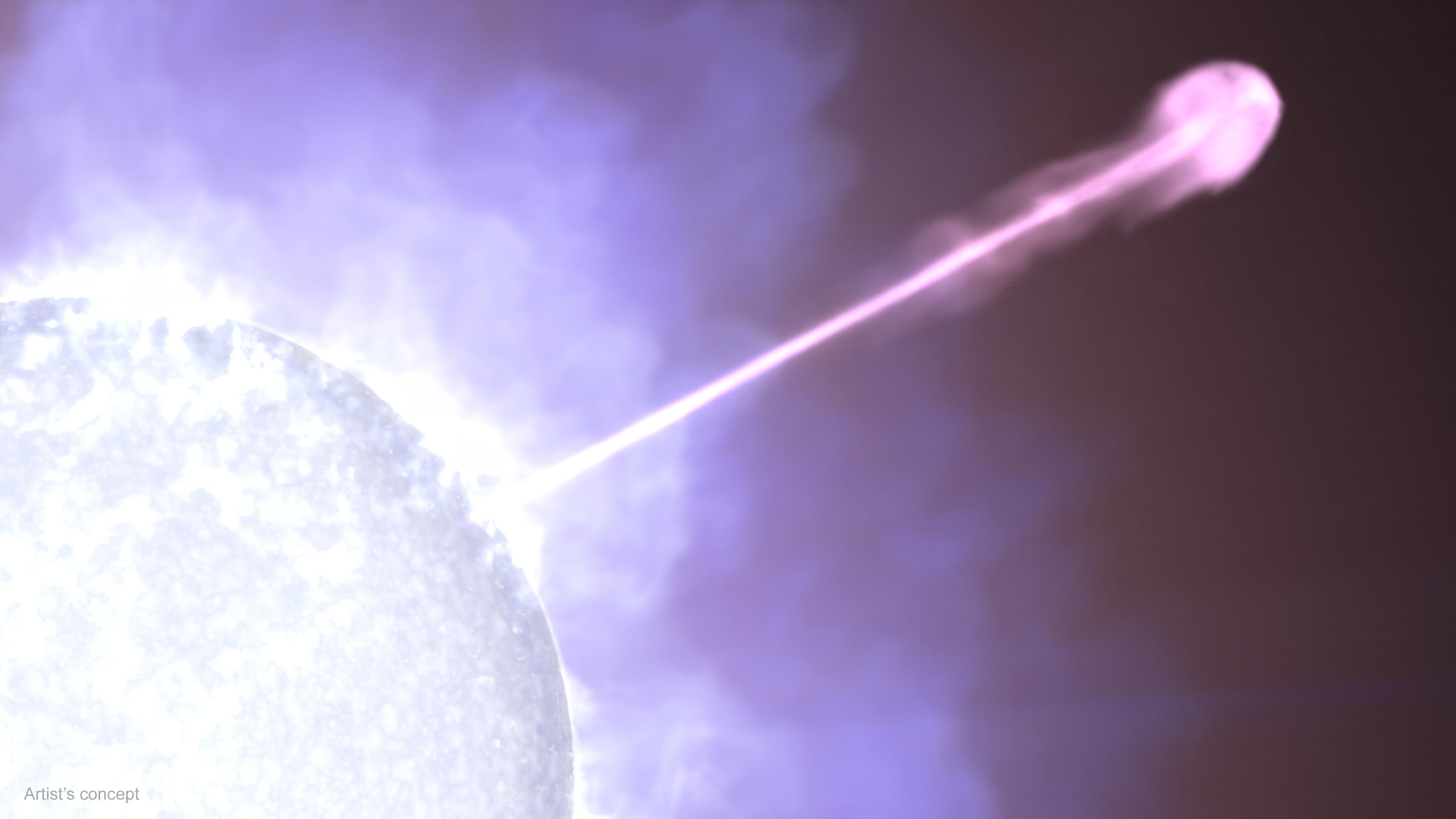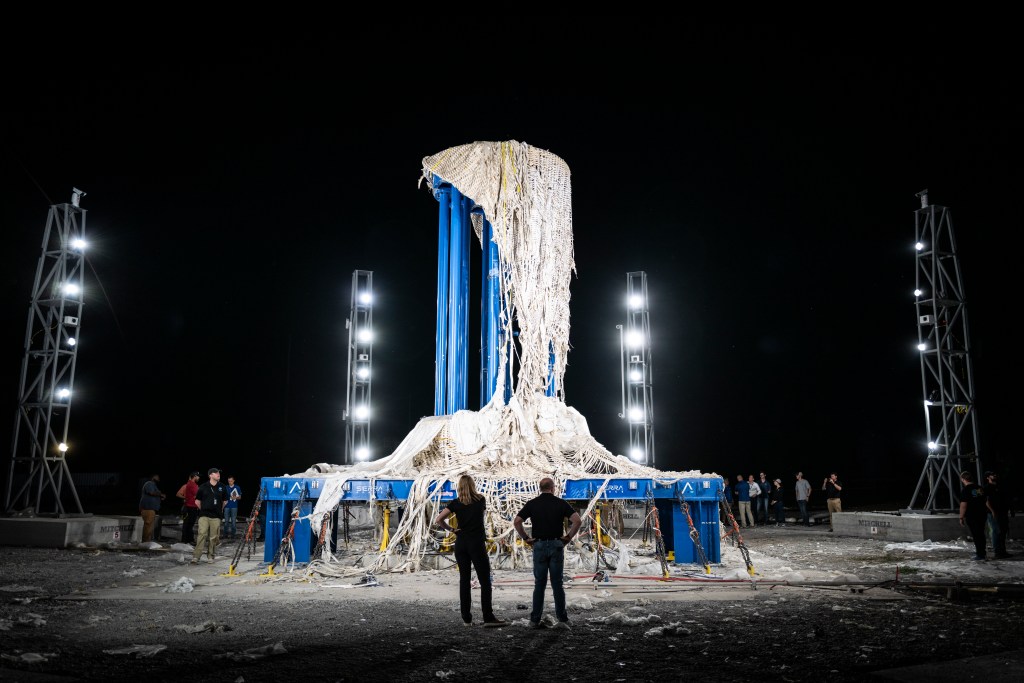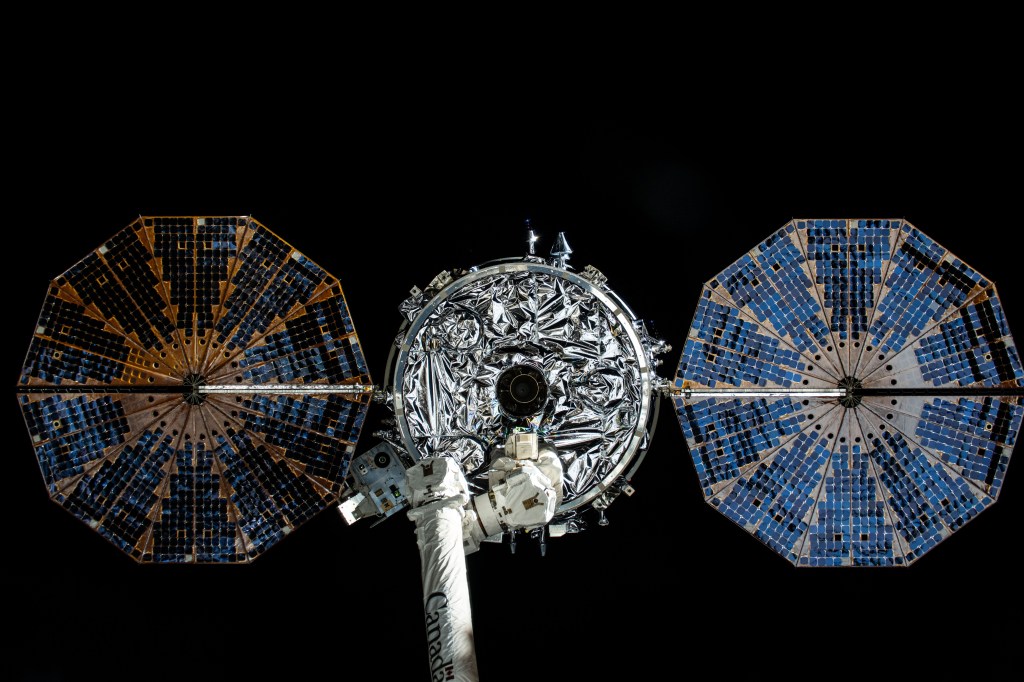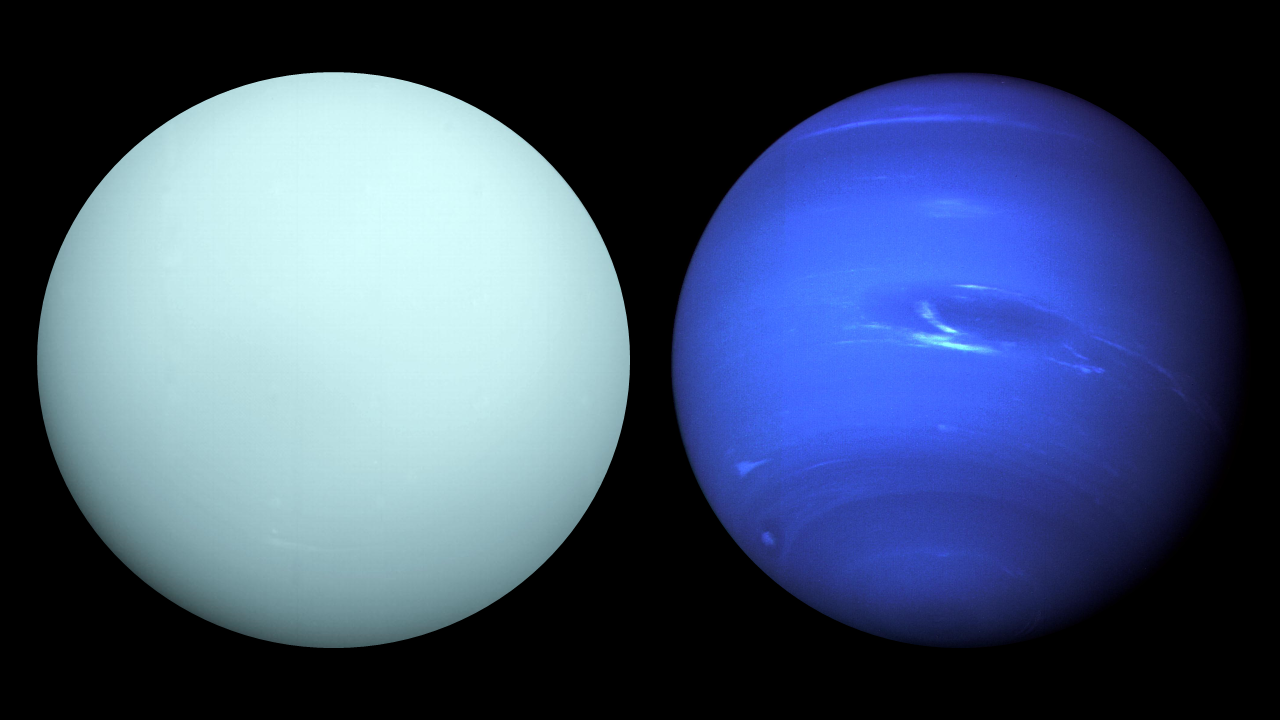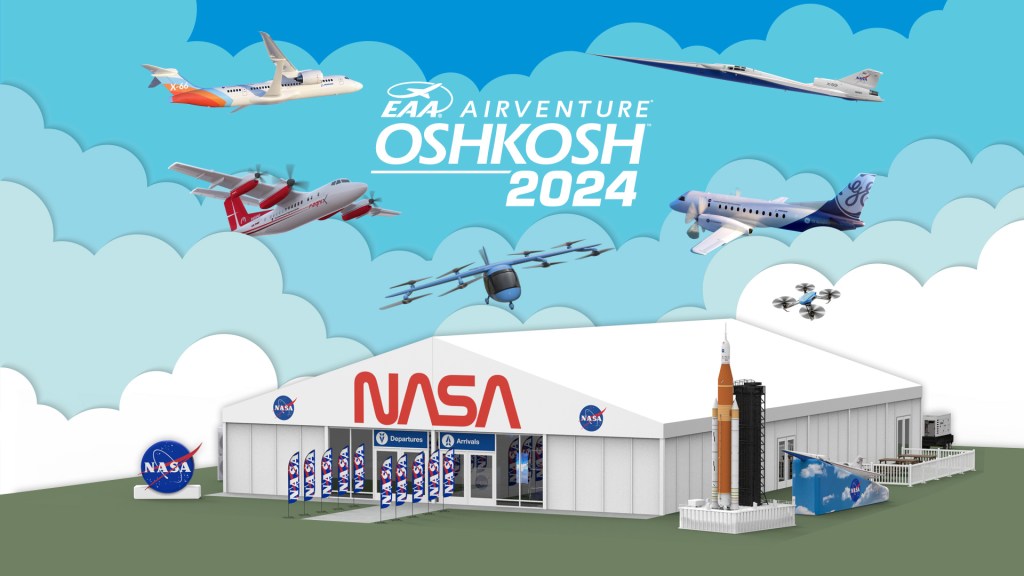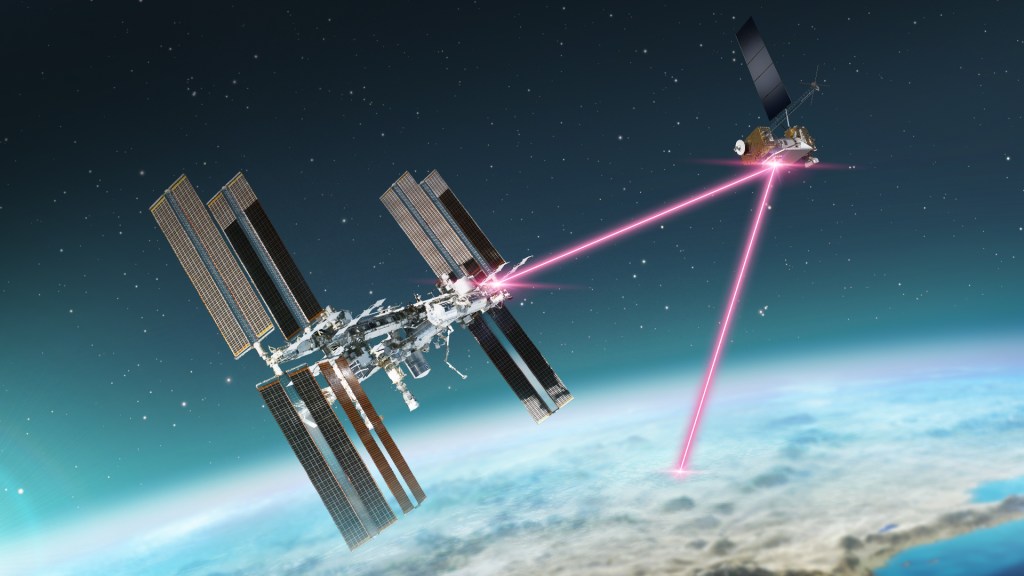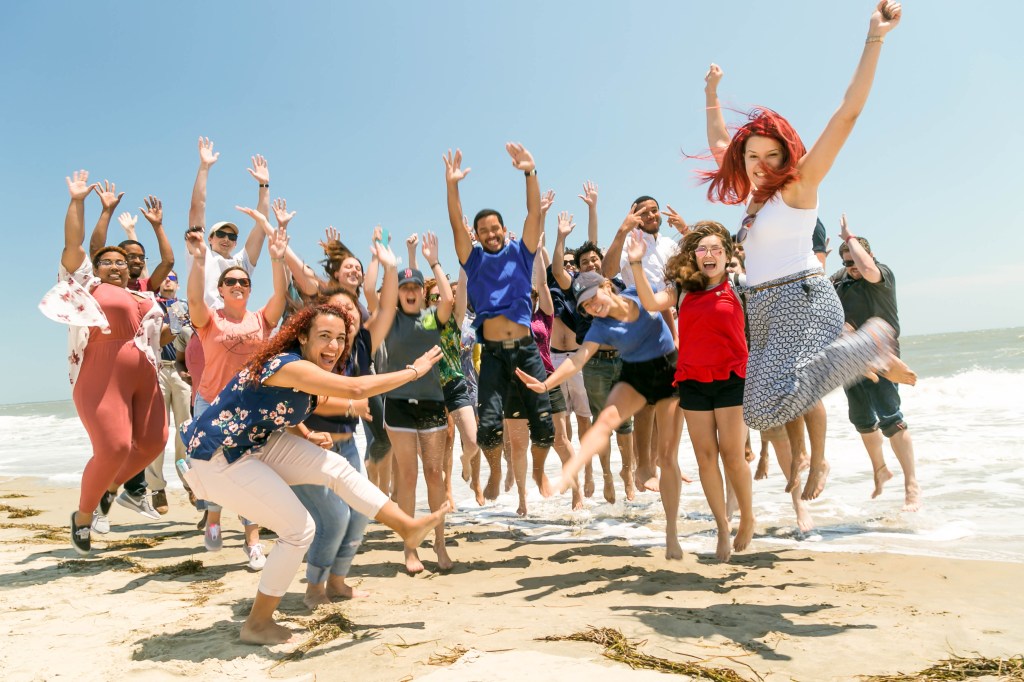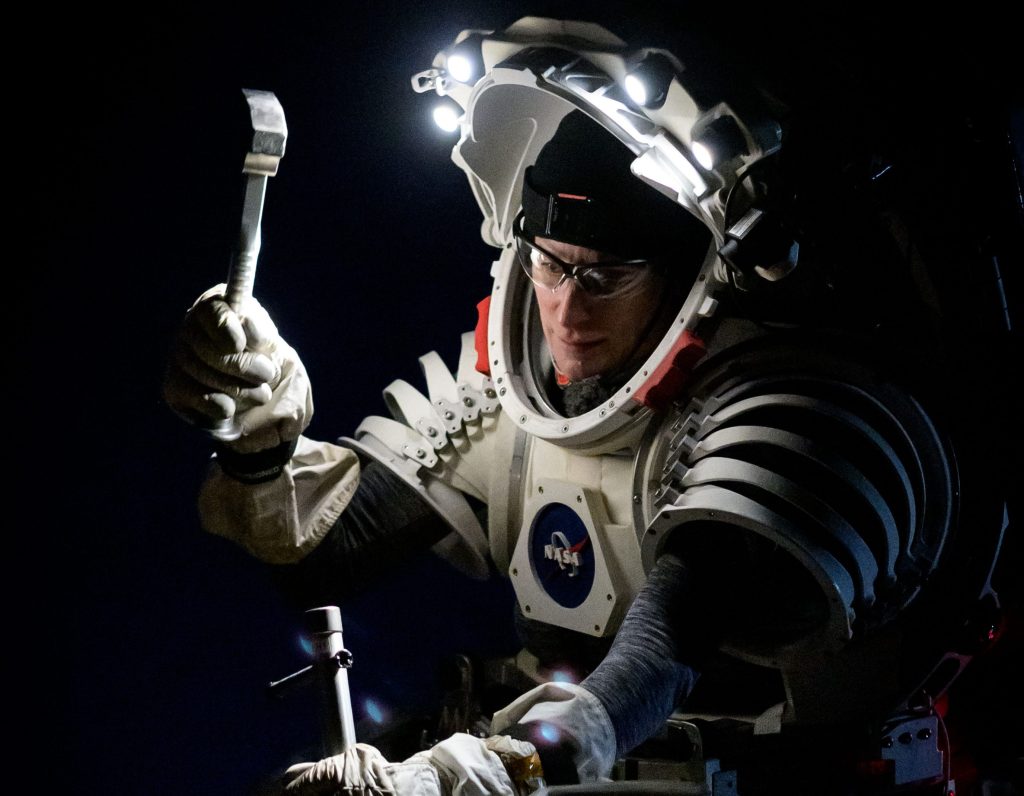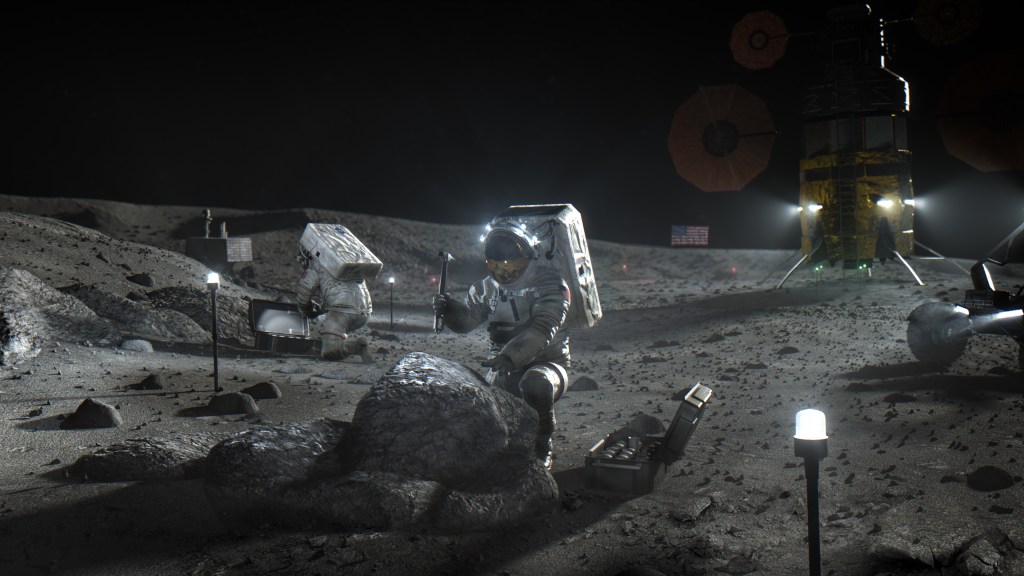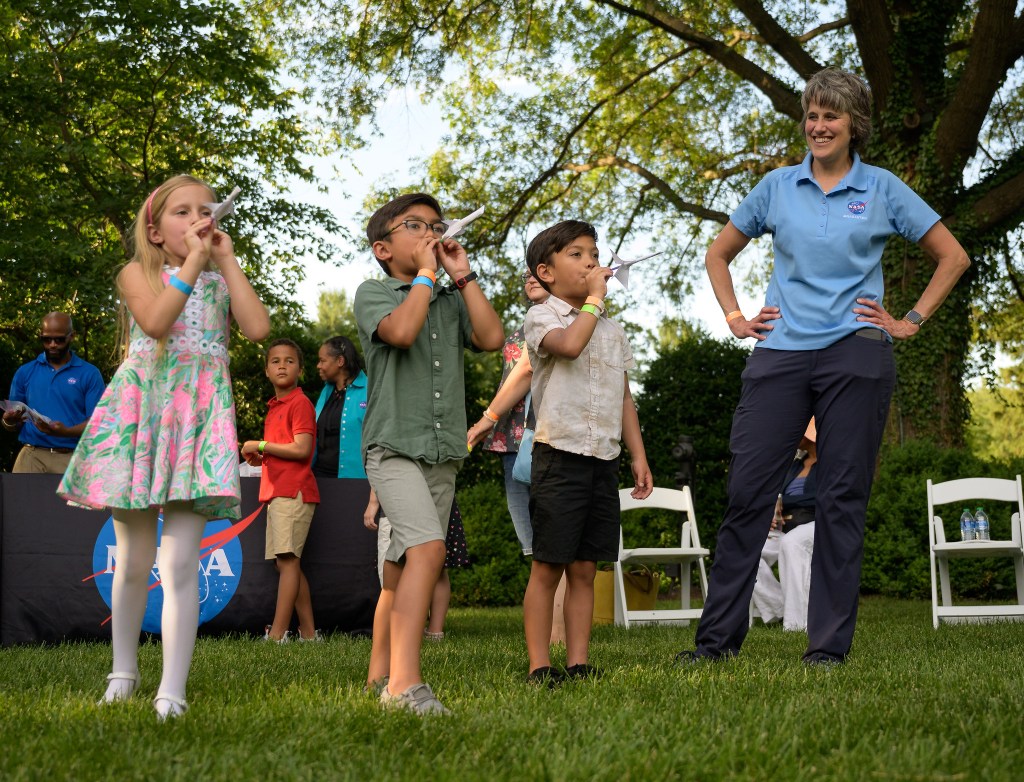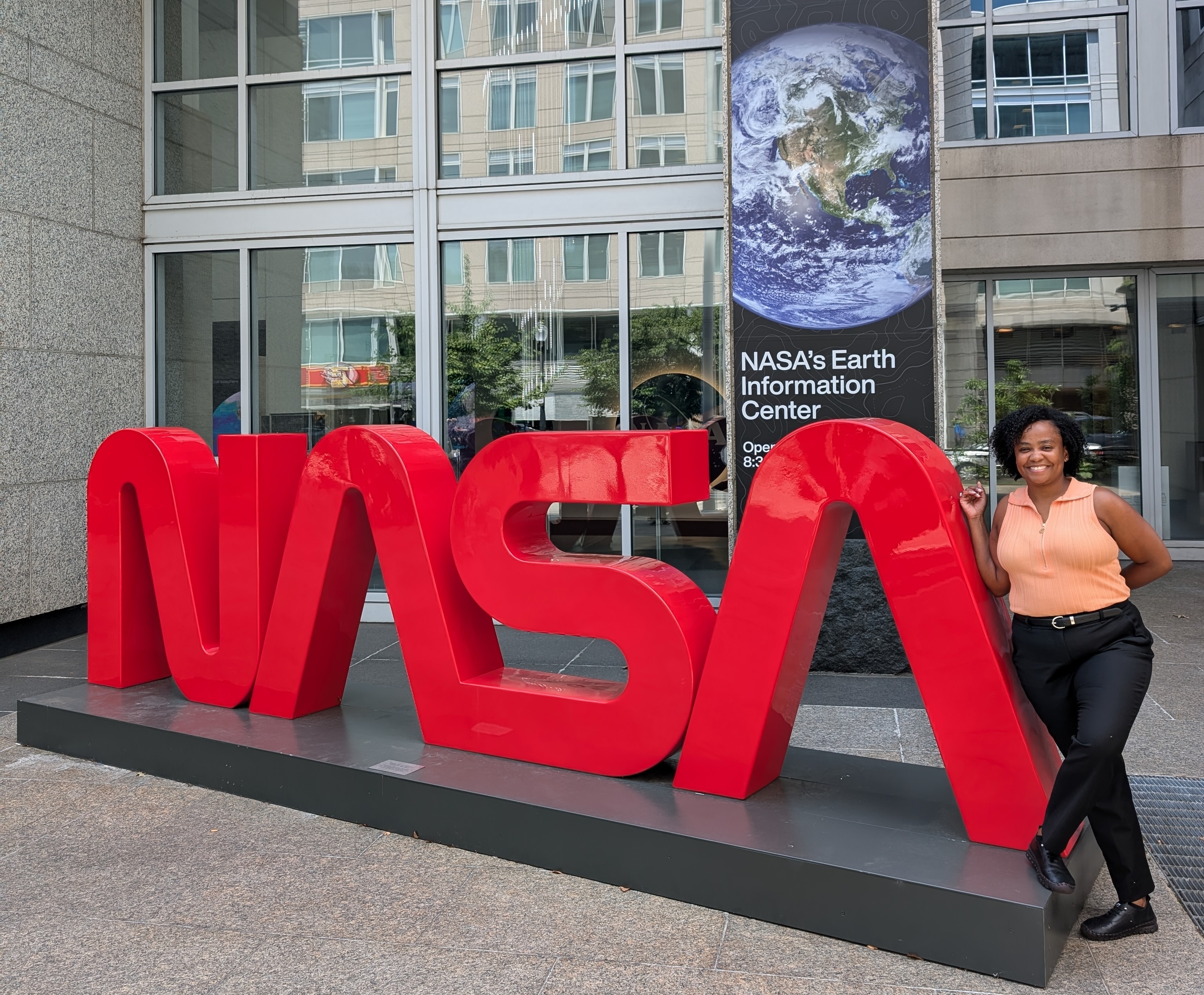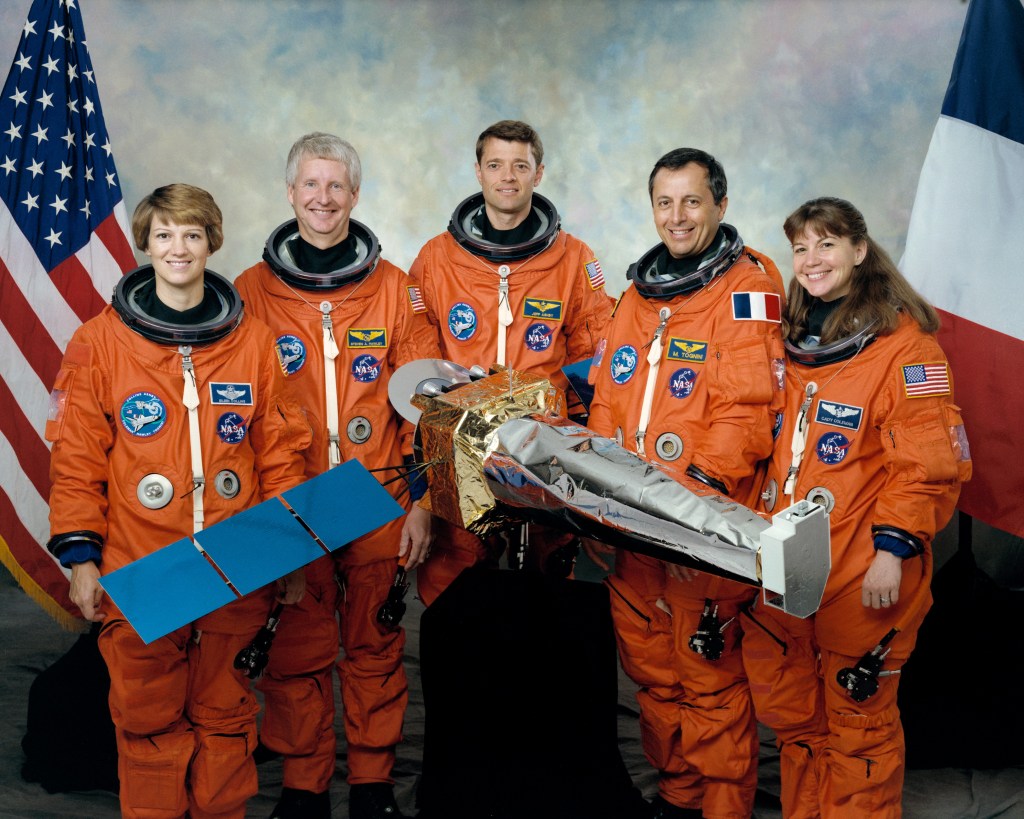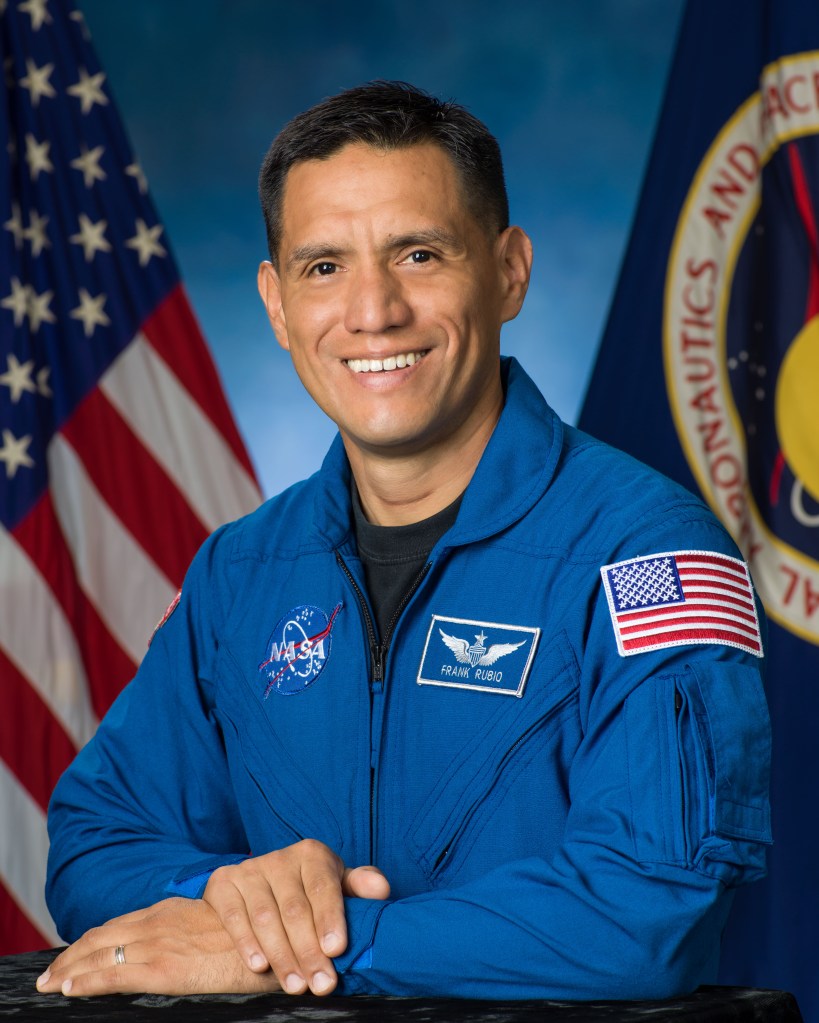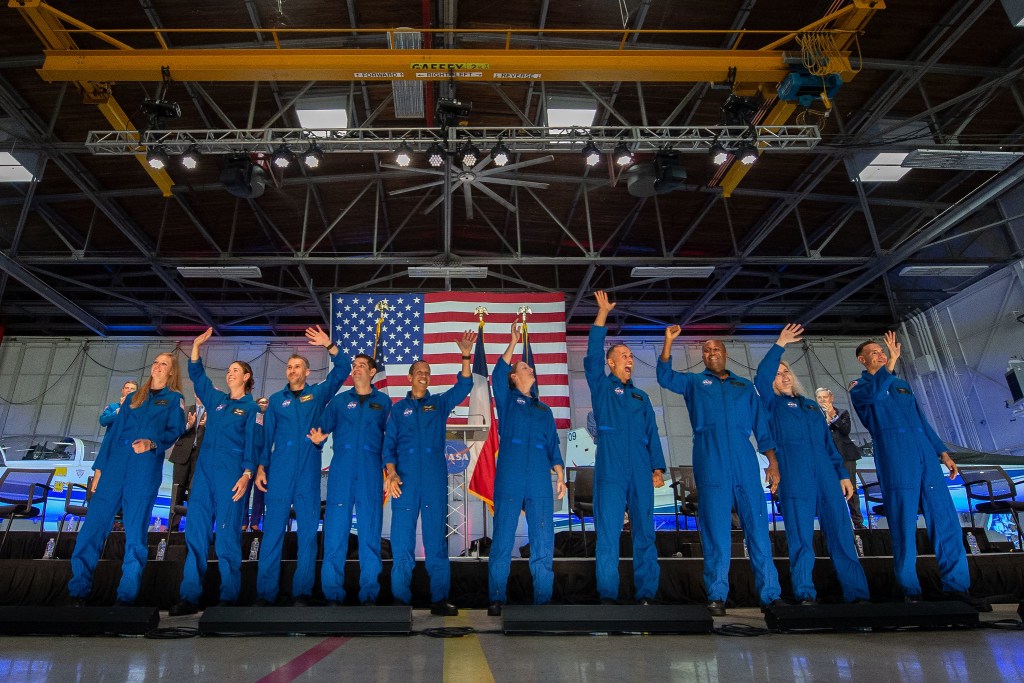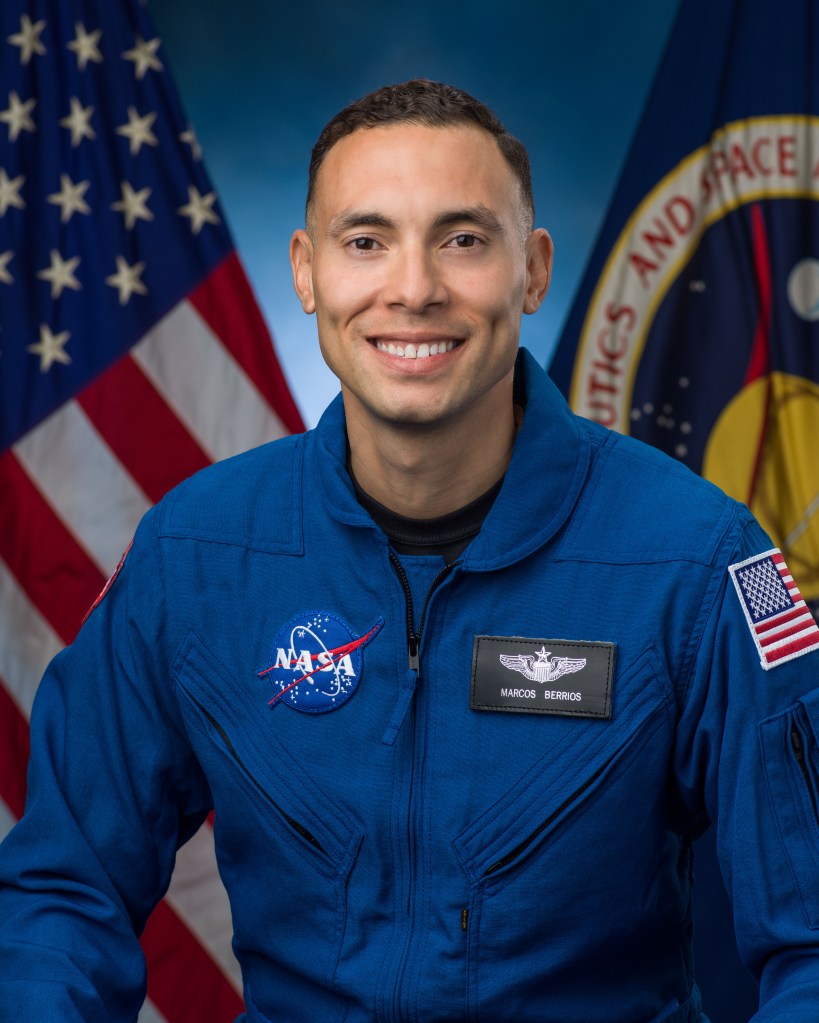“The goal is to get as many of the wrong ideas out of the way as early as possible.
“So we’ll come up with some idea, especially on the research side, and sometimes it will seem really brilliant on the napkin or in a conversation with one other person.
“[When I started working on electric aircraft propulsion,] I was not familiar with all of the electrical ins and outs. I thought power would just be available, and I could use it when I wanted it. [Our concepts had] all these little hiccups — how they get integrated in the real system, how the battery systems are going to interplay, and all the extra safety things that we need to consider—testing allowed us to figure out things a little bit earlier and [give us] a broader perspective.
“The key thing is that when you’re working on something that’s really hard, I think the whole expectation is that you’re going to fail. So we try to fail as many times as we can early on. So when we’re getting closer to an actual demonstration, we’re pretty confident that at that point, we’ve talked to the right people, everyone’s on board, and we’re going to have a safe, larger test campaign.
“It’s always better to fail earlier on and learn as much as you can.”
— Joe Connolly, Deputy for Electrified Aircraft Propulsion Integration, Glenn Research Center
Image Credit: NASA / Jef Janis
Interviewer: NASA / Thalia Patrinos




